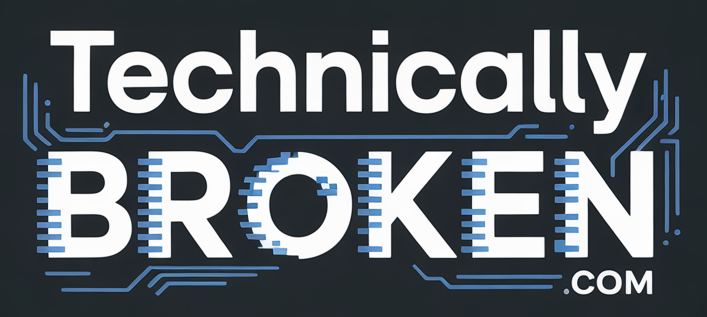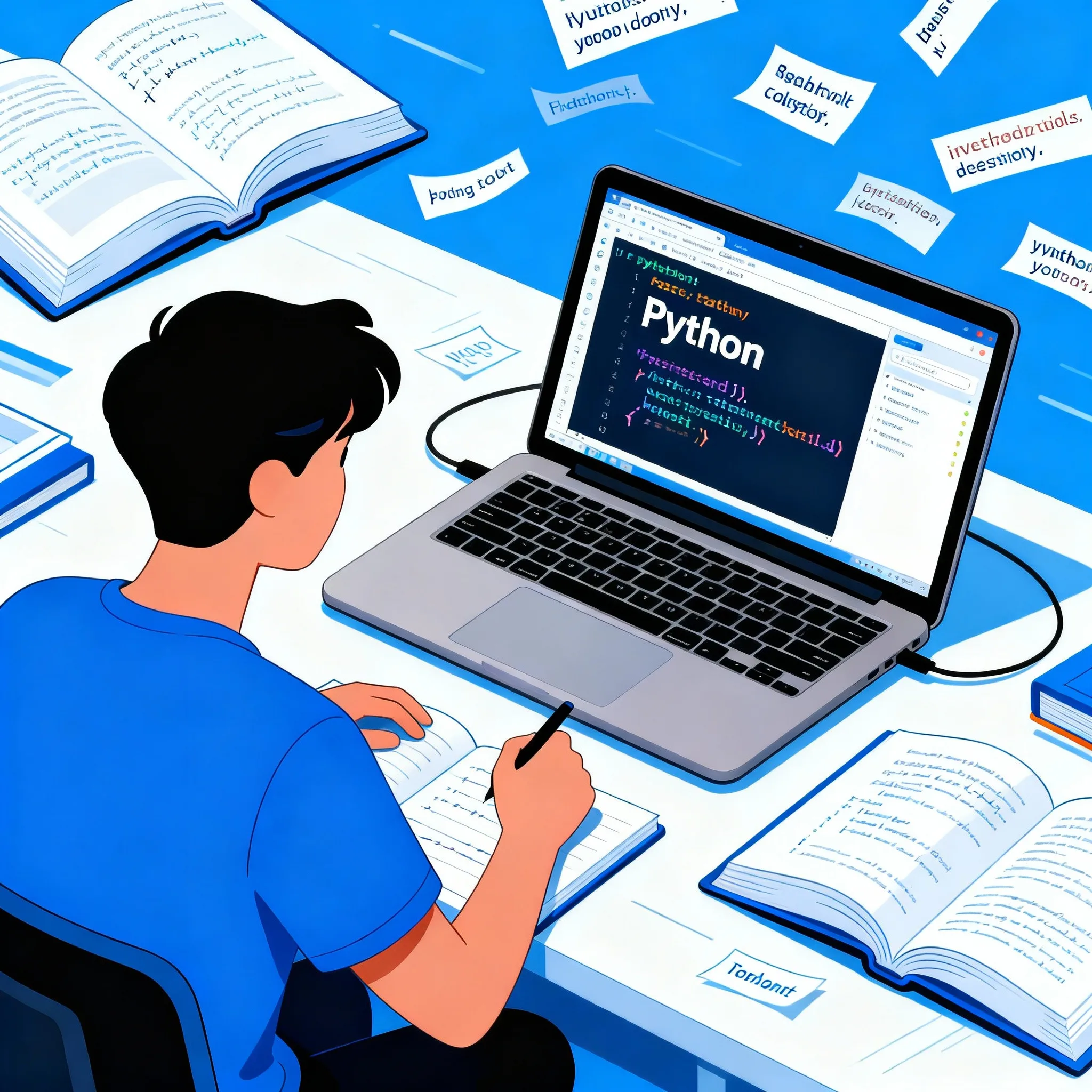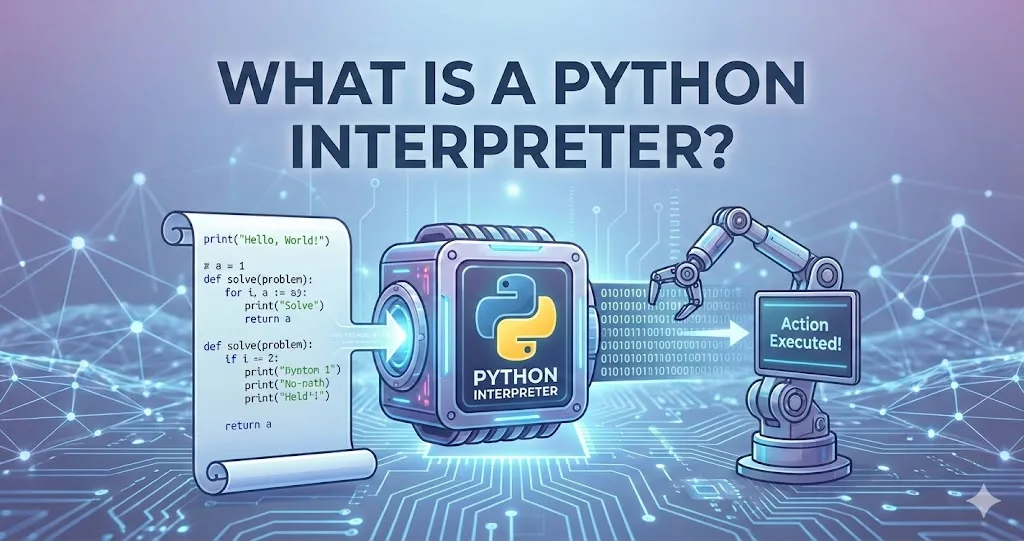Learning Python is key to any job in AI. Most AI resources are written in Python, and most college degree programs require this, but what if you’re not attending college? How can you learn Python at your own pace on your own terms? I spent hours playing around with the top free resources for mastering Python fast, and organized them for you below (keep scrolling to review my #1 recommendation):
| Learning Style | Resource | Best For… | Pros & Cons |
|---|---|---|---|
| “Learn by Doing” (Interactive) | learnpython.org | True beginners who want zero setup. | Pro: No install, zero friction. Perfect for 15-minute bursts. |
| Codecademy (Free Course) | Beginners who like a “gamified,” guided feel. | Pro: Slick, guided experience. Con: Paywalls, “Pro” projects, and career paths. | |
| “Classroom-Style” (Video) | Coursera: Python for Everybody | Learners who want a structured, university-level course. | Pro: Full U of Michigan course, explains the “why.” Con: Must select “Audit for Free” (no certificate). |
| freeCodeCamp (YouTube) | Self-starters who want a full “bootcamp” in one video. | Pro: Massive (4-12-hour) comprehensive, project-based courses. | |
| Corey Schafer (YouTube) | Getting “unstuck” on a specific topic. | Pro: The best reference library. Clear, 15-minute videos on single topics. | |
| “I Prefer to Read” (Text-Based) | The Python.org Tutorial | People who already know another programming language. | Pro: The 100% accurate, official manual. Con: Can be dry for a total beginner. |
| A Byte of Python (Ebook) | Readers who want a simple, friendly-style book. | Pro: Free, open-source, and covers all core concepts from the ground up. |
One important thing to consider is not only your learning style but also the fact that some of these are simple copy, paste, and edit. You will always learn far more, as well as retain more, by typing the code out yourself.
“Even if it’s broken, the act of fixing it will teach you far more than any lesson.”
With that being said, I tried all of these, and they’re all quite good, but I stuck with freecodecamp.org’s 4-hour learn Python tutorial. I enjoyed the speaker and the layout of the material; it was also easy to pause an image of a project to compare it with my own, as well as to back up in case I didn’t quite understand the concept. In 4 hours, you can essentially say you know Python.
But what about Vibe Coding? Vibe Coding is excellent for simple, non-critical applications or drafts, but it does not produce efficient code, especially as your project grows. In addition, sometimes Vibe Coding can physically not complete what you’re asking of it. You may have encountered this when Vibe Coding, and you tell it to fix it over and over again, but it just won’t.
Python has a large corporate and individual user base, as well as a substantial open-source community and numerous projects, which serve as valuable resources for learning.
If you enjoyed this, please share it. This helps us determine whether this post is helpful.


